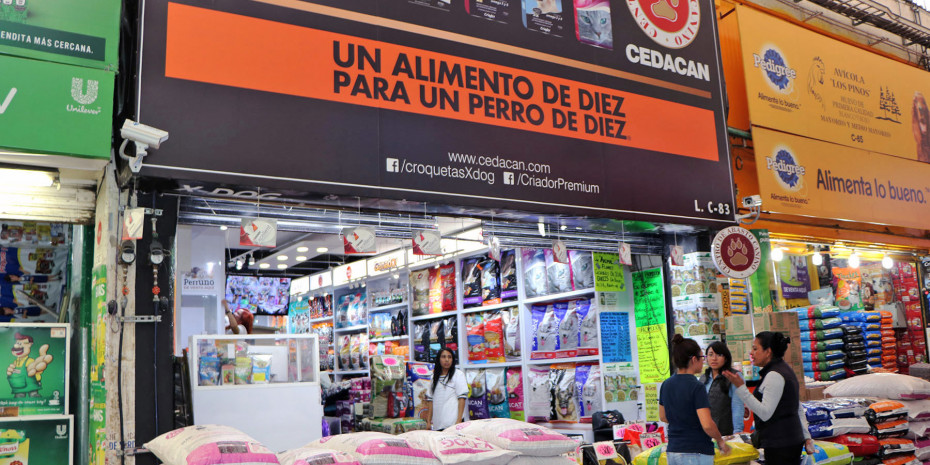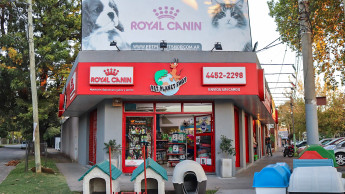According to the results of the 2019 census, over 998 000 retail companies exist in Mexico alone, and most of them also sell pet food. There are a number of store chains across South America that offer consumers a wide variety of pet food. In Brazil, these are national companies such as Magazine Luiza and Lojas Americanas, along with multinational companies like Carrefour, Wal-Mart and Sam's Club. This function is fulfilled in Mexico primarily by so-called corner shops, supermarkets like Chedraui, Soriana, Oxxo and Extra, and the aforementioned multinationals. One thing common to all of these retail channels is the wide range of imported and domestic products on sale. Countless shops specialise in selling pet products and also offer veterinary services, grooming and cosmetic products.
Laika is an online pet supplies retailer in Mexico that also operates a delivery service. The company has expanded and now has stores in a number of South American countries. It is normal for physical stores to have an online presence also. In Brazil, for example, PetLove has switched from bricks and mortar stores to e-commerce.
Retail formats
The "corner shops" are scattered across the suburbs and sell a large number of products for daily use. Their clientele is made up of the lower middle classes. According to the Merca 2.0 study, the customers are 30 years of age on average and they spend just three minutes in the store. 87 per cent of them usually visit alone and buy via this channel 39 times a month.
There are not so many speciality stores and veterinary practices in each part of town. These concentrate on pet health and care, providing a personal service and selling accessories, medicines and special food. The age range of customers of these businesses is wider; they are generally upper middle class consumers and often visit without any direct intention to purchase.
Self-service stores are spreading in all areas, selling all types of products in various product categories and offering no personal service. Customers vary in age and in terms of social class.
Pet Fair South East Asia 2026 opens early bird registration
Pet Fair South East Asia 2026 will return to BITEC, Bangkok, from 28–30 October 2026, marking the event’s 5th …
Supermarket customers do not normally pay attention to the brand and buy certain products in bulk. They are usually around the age of 40 or older and are from the lower middle class. Such customers are seeking…

 Menü
Menü








 1/2022
1/2022













 Newsletter
Newsletter